
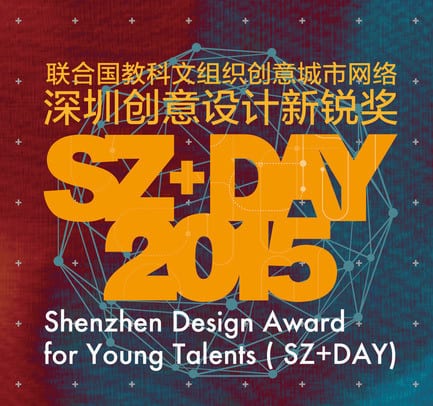
A v2com exclusive
Six Montréal teams in the running for the 2015 Shenzhen Design Award For Young Talents
Bureau du design – Ville de Montréal
Montréal, Canada, 2015-10-30 –
Six design teams will be representing Montréal at the second edition of the Shenzhen Design Award for Young Talents competition. Initiated by Shenzhen, a UNESCO City of Design, the competition aims to reward the success and talent of young designers working in the 69 member cities of the UNESCO Creative Cities Network, plus Hong Kong. Prizes totalling US$105,000 will be awarded by the City of Shenzhen to a maximum of 16 winners.
Under the theme Transformation: The Mission of Design, the competition will reward the efforts of young designers who, through their creativity, have contributed to improving environmental quality as well as to social and economic development—more broadly, making cities more liveable. The competition also seeks, among other things, to encourage exchanges among young designers from various countries, co-operation among the various UNESCO Creative Cities, and the sharing of experiences and ideas in the development of creative and cultural industries.
As a UNESCO City of Design, Montréal, through its Bureau du design, oversaw the finalist process for the city’s entrants. A local jury made up of design experts shortlisted six Montréal projects in the Professional and Student categories. These projects now move on to the next stage: judging by an international jury, which includes Fabienne Münch, director of the School of Design of the Université de Montréal Faculty of Environmental Design. The winners will be announced in December 2015.
The finalists are:
Professional category
New Lightspeed Headquarters by ACDF* Architecture
Maxime-Alexis Frappier, MOAQ, Principal and Lead Designer
The new headquarters of young tech company Lightspeed is located in Montréal in the former Viger Station, a monumental 19th-century building designed by architect Bruce Price. The redevelopment project, part of an overall revitalization of the district south of Square Viger, was a source of inspiration for ACDF, which saw an opportunity to enhance the quality of the new employees’ working environment as well as spur the economic and social redevelopment of the district. The jury members underlined the pertinence of the project’s response to the challenges of workplace design in the “2.0 era,” which resulted in an effective repurposing, brilliantly achieved in a heritage building.
La Denise by Jarre
Élyse Leclerc, Environmental Designer – Gabrielle Falardeau, Film Producer
La Denise is a solution to food waste through a new approach to food preservation. Jarre’s aim was to rethink modern cooking by emphasizing appropriate storage of foodstuffs as well as good eating habits. The jury congratulates the designers for creating a response to a contemporary problem.
Edison Residence by Kanva
Tudor Radulescu, Architect – Minh-Giao Truong, Architect – Joyce Yam, Architect – Olga Karpova, Architect – Katrine Rivard, Architect – Dina Safonova, Architect – Léon Dussault-Gagné, Architect Intern – Killian O’Connor, Architectural Technician
The Edison Residence was built on a vacant lot in the epicentre of Montréal student life, just north of McGill University’s Milton gates. It was the site of a major fire in the early 20th century, which destroyed a 19th-century stone house. The new building references that historical context by the use of photoengraved concrete panels that illustrate the tragedy. The jury members appreciated the intervention in a heritage context as well as the holistic approach to the project.
Les Jardins Gamelin by Pépinière & Co. (The Gamelin Gardens)
Jérôme Glad, Concept Lead and Designer – Maxim Bragoli, Project Manager –
Élisa Schneuwly, Programmer
The Jardins Gamelin project posed a daunting challenge: offer a new landscaping vision for Place Émilie-Gamelin and breathe new life into the space, which had been neglected for 20 or so years and acquired a reputation for social problems and crime. The multidisciplinary redesign, combining enlivening of the public spaces with spatial planning, has profoundly changed the dynamics and image of the square. Urban agriculture, social reintegration and creativity form the heart of the project, which represents significant potential for success on many levels. The jury hailed the management model.
Student category
Signez ! Dites non aux pipelines à Cacouna (“Sign! Say No to Pipelines at Cacouna”)
Andréanne Morissette, Bachelor’s in Graphic Design student at UQAM
Anne-Marie Poirier, Bachelor’s in Graphic Design student at UQAM
Paméla-Sun Arcand, student in Graphic Design and in Teaching at UQAM
This student project aimed to raise public awareness of the threat posed to the beluga-whale calving ground in the St. Lawrence River by the planned marine oil terminal at Cacouna. Information officers in the Old Port of Montréal stopped passers-by and led them to a temporary installation where they were invited to sign their names inside drawings of belugas on the ground. Visitors were also asked to show their support by signing an online petition set up by the organization Nature Québec. The jury underlined the contribution of design as a tool for raising awareness of this social and environmental issue.
Recyclage de bouteilles de verre (Glass Bottle Recycling)
Grégory Côté, student in Graphic Design at UQAM
This green design project aims to give a second life to glass bottles sold at Société des alcools du Québec (SAQ) outlets. Each bottle includes a laser-etched mark so that, once emptied, it can be cut by the consumer and converted into a drinking glass, using a heat source and sandpaper incorporated into the label. The jury congratulated the designer for his approach, which explores a new way of limiting the green footprint of bottles by modifying their use.
The Montréal jury tasked with nominating candidates for the Shenzhen Design Award for Young Talents consisted of the following members:
- Stéphanie Cardinal, designer, President, Huma Design + Architecture
- Mathieu Drapeau, Section Head, Gestion de projets, Bureau de projets d’aménagement – grands parcs, Service des grands parcs, du verdissement et du Mont-Royal, Ville de Montréal
- Kurt Hibchen, industrial designer and Partner, Toboggan Design
- Louise Pelletier, Director, École de design, UQAM
- Christian Thiffault, architect and urban designer, Partner, Atelier Christian Thiffault
For more detailed information, visit the site designmontreal.com.
About the Bureau du design
The mission of the Ville de Montréal’s Bureau du Design is to develop the market for, and promote the talents of, Montréal-based designers and architects by advocating processes that call for public commissions, such as design and architecture competitions. The UNESCO Creative Cities Network, of which Montréal is a member as a City of Design, comprises 69 cities in 32 countries and enables creative practitioners in member cities to share experiences, best practices and knowledge on an international scale.
– 30 –
- Bureau du design de la Ville de Montréal
- Stéphanie Jecrois
- [email protected]
- 1 514 872-5388
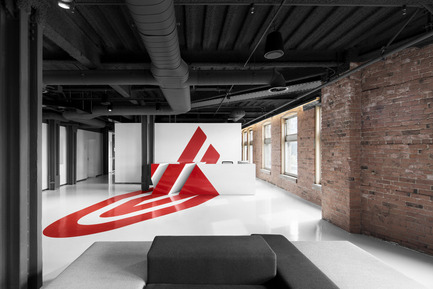
ACDF* Architecture
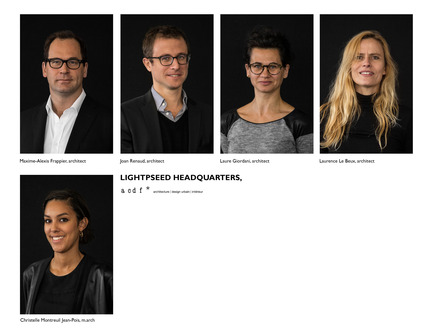
ACDF* Architecture
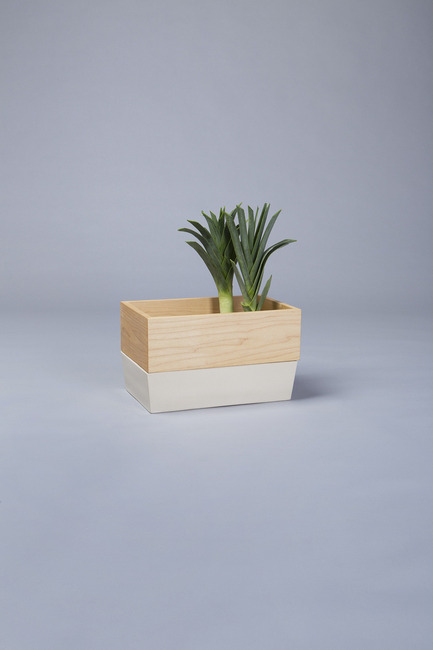
Jarre
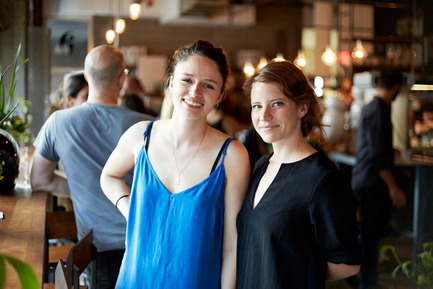
Jarre
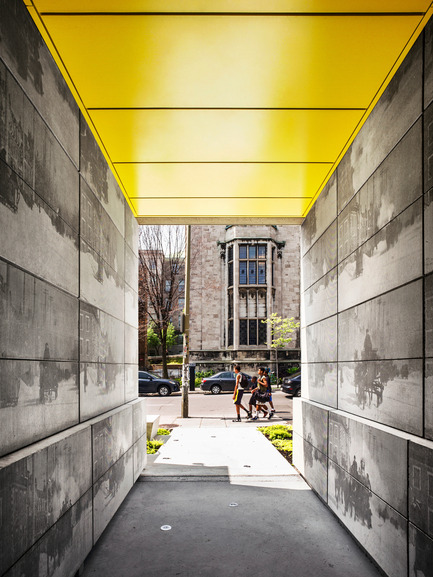
Marc Cramer
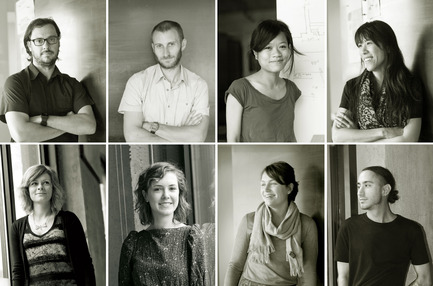
Kanva
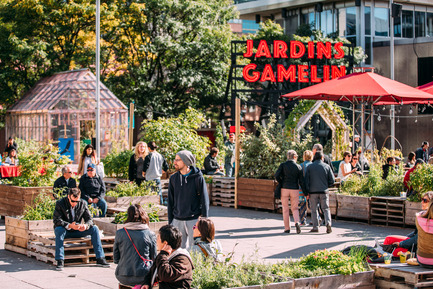
Pépinière & Co.
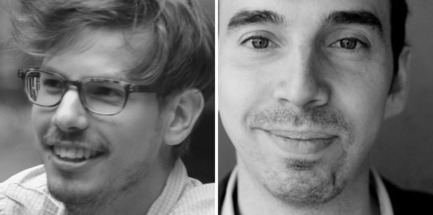
Pépinière & Co.
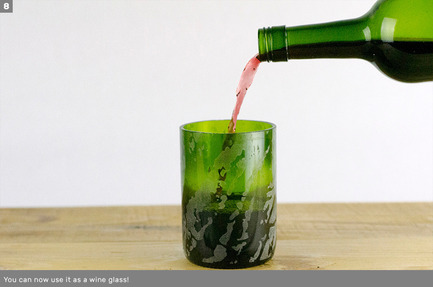
Grégory Côté
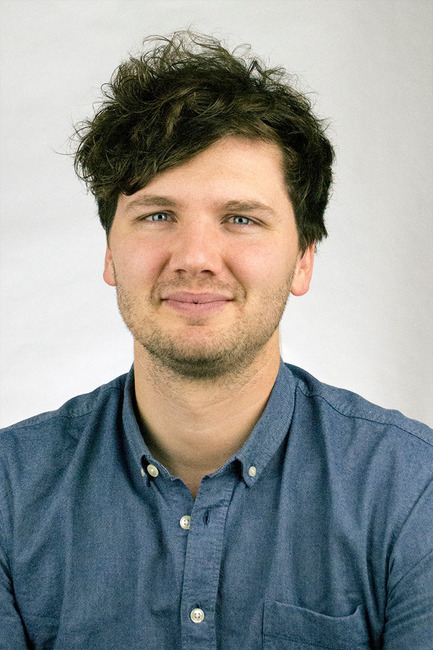
Courtesy Grégory Côté
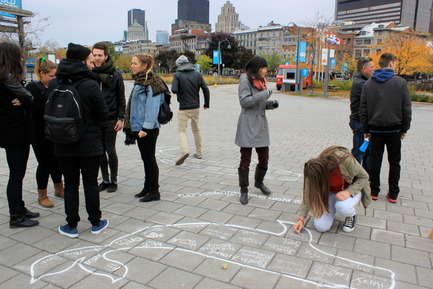
Andréanne Morissette

Courtesy Andréanne Morissette
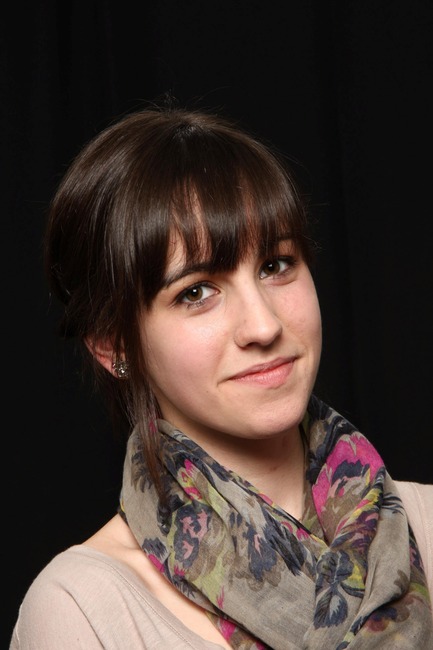
Courtesy Anne-Marie Poirier
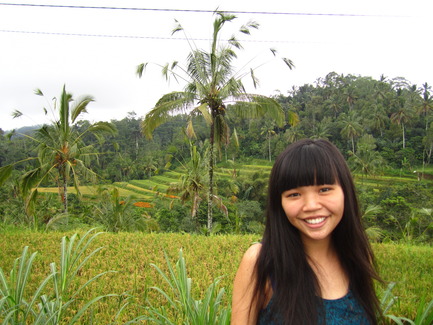
Courtesy Paméla-Sun Arcand
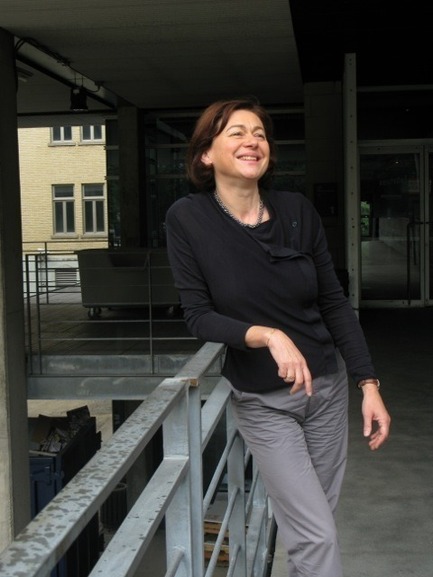
Courtesy Fabienne Münch




